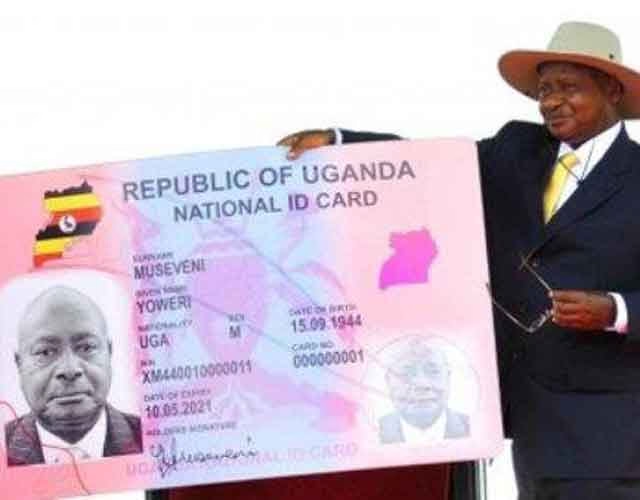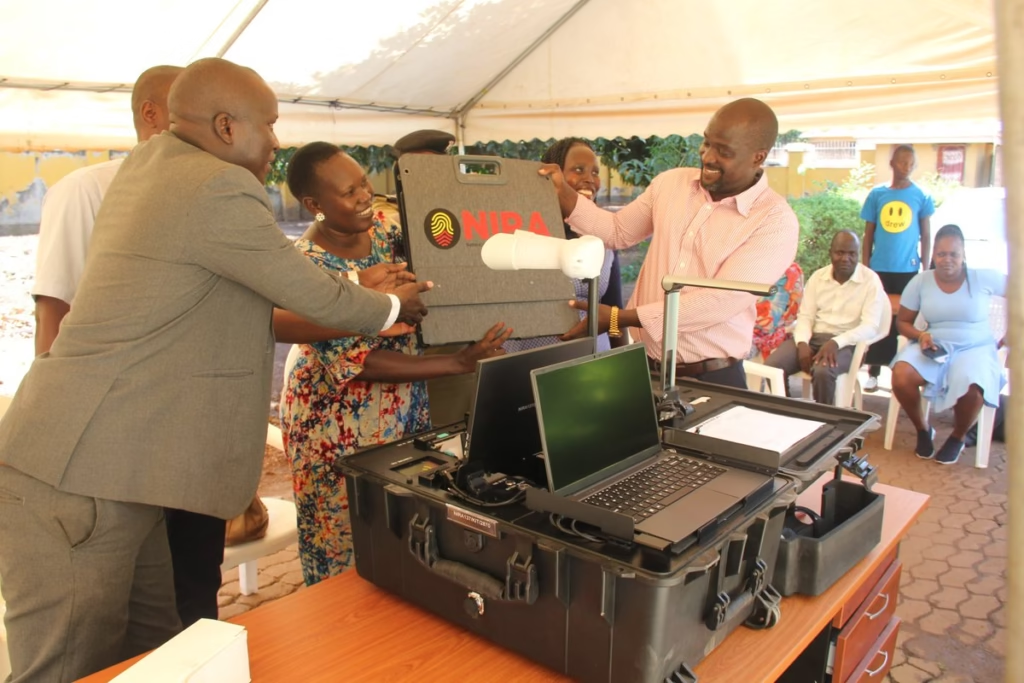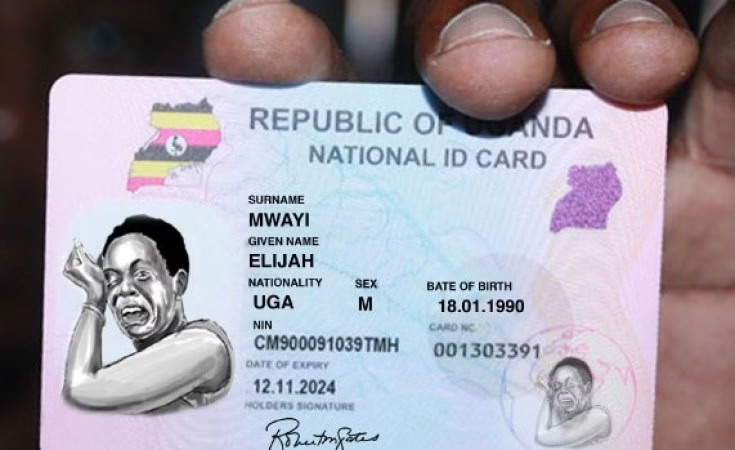By Cathy Mirembe
The National Identification and Registration Authority (NIRA) has recently announced a delay in the nationwide mass enrollment and renewal exercise for National Identity Cards. According to NIRA officials, the delay can be attributed to two primary factors: technical issues and prolonged staff recruitment processes. This development has raised concerns among Ugandan citizens, who rely on national IDs for various essential services.

The technical issues affecting the registration process are a significant challenge. NIRA’s systems require seamless functionality to handle the massive influx of applicants. However, glitches and downtime can lead to frustration among applicants and delays in the entire process. Moreover, the authority’s reliance on technology makes it vulnerable to cyber threats and data breaches, which can further compromise the registration process.

The prolonged staff recruitment processes are another critical factor contributing to the delay. NIRA requires a sufficient number of personnel to manage the registration centers, handle applicant data, and ensure the smooth operation of the exercise. However, delays in recruiting and training staff can lead to inadequate personnel, ultimately affecting the efficiency of the registration process.
The implications of these delays are far-reaching. For Ugandan citizens, national IDs are essential for accessing vital services such as healthcare, education, and financial services. Delays in the registration process can lead to inconvenience, exclusion, and even deprivation of these essential services. Furthermore, the delays can undermine the government’s efforts to promote economic development, social justice, and good governance.

To address these challenges, NIRA must adopt a multi-faceted approach. Firstly, the authority should invest in upgrading its technological infrastructure to minimize technical issues and ensure seamless functionality. Secondly, NIRA should expedite the staff recruitment process, ensuring that adequate personnel are in place to manage the registration centers. Finally, the authority should establish clear communication channels with the public, providing regular updates on the registration process and expected timelines.
The delays in Uganda’s national ID registration process are a concern that requires immediate attention. By addressing the technical issues and staffing challenges, NIRA can ensure a smooth and efficient registration process, ultimately promoting the well-being and development of Ugandan citizens.



